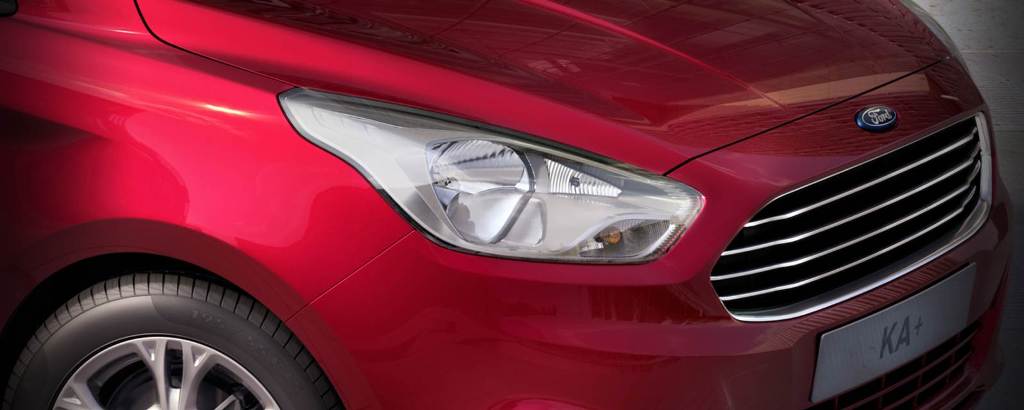There are no changes under the hood of the Figo Sports Edition
Performance – No changes have been made to the engines of the Figo. The Sports Edition is offered with the same 1.2-litre petrol and 1.5-litre diesel engine. The 1.5-litre petrol engine with AT isn’t offered. The 1.2-litre petrol engine churns out 88 HP at 6300 RPM and 112 Nm at 4000 RPM. The engine has decent performance in the city but it feels underpowered on the highways. Low-end power delivery could have been slightly better too. The 1.5-litre TDCI mill produces 100 HP at 3750 RPM and 215 Nm at 1750-3000 RPM. The engine has splendid performance, turbo lag is well-contained and power delivery is linear and strong at 1600-4000 RPM.
The diesel powered Figo is a pocket rocket
The diesel engine is peppy and churns out good fuel efficiency
Both the engines are mated to a smooth shifting 5-speed manual gearbox and the clutch is fairly light. The weight of the Sports edition has increased by around 20 kgs compared to the regular Figo but despite the additional weight, there is no noticeable difference in the performance of the diesel engine. The power to weight ratio is still very good and that’s what makes the Figo a good performer. However, fuel efficiency on the petrol engine has dropped from 18.16 km/l to 18.12 km/l while for the diesel engine it has dropped from 25.83 km/l to 24.29 km/l.
The suspension has been stiffened a bit to offer better handling
Driving Dynamics – Ford has tweaked the suspension of the Figo for this edition. It comes with a stiffer setting now and the ride height has been lowered. You also get meatier 195/55/15 tyres which offer better grip than the tyres on the regular Figo. Thanks to the revised suspension settings, the Figo feels more composed and stable on straights as well as corners. It feels eager to dive in corners too. The ride is also very pliant. The steering is sharp and offers decent feel, it is also light at city speeds. The brakes also do a very good job and the Figo is definitely an engaging car to drive.




